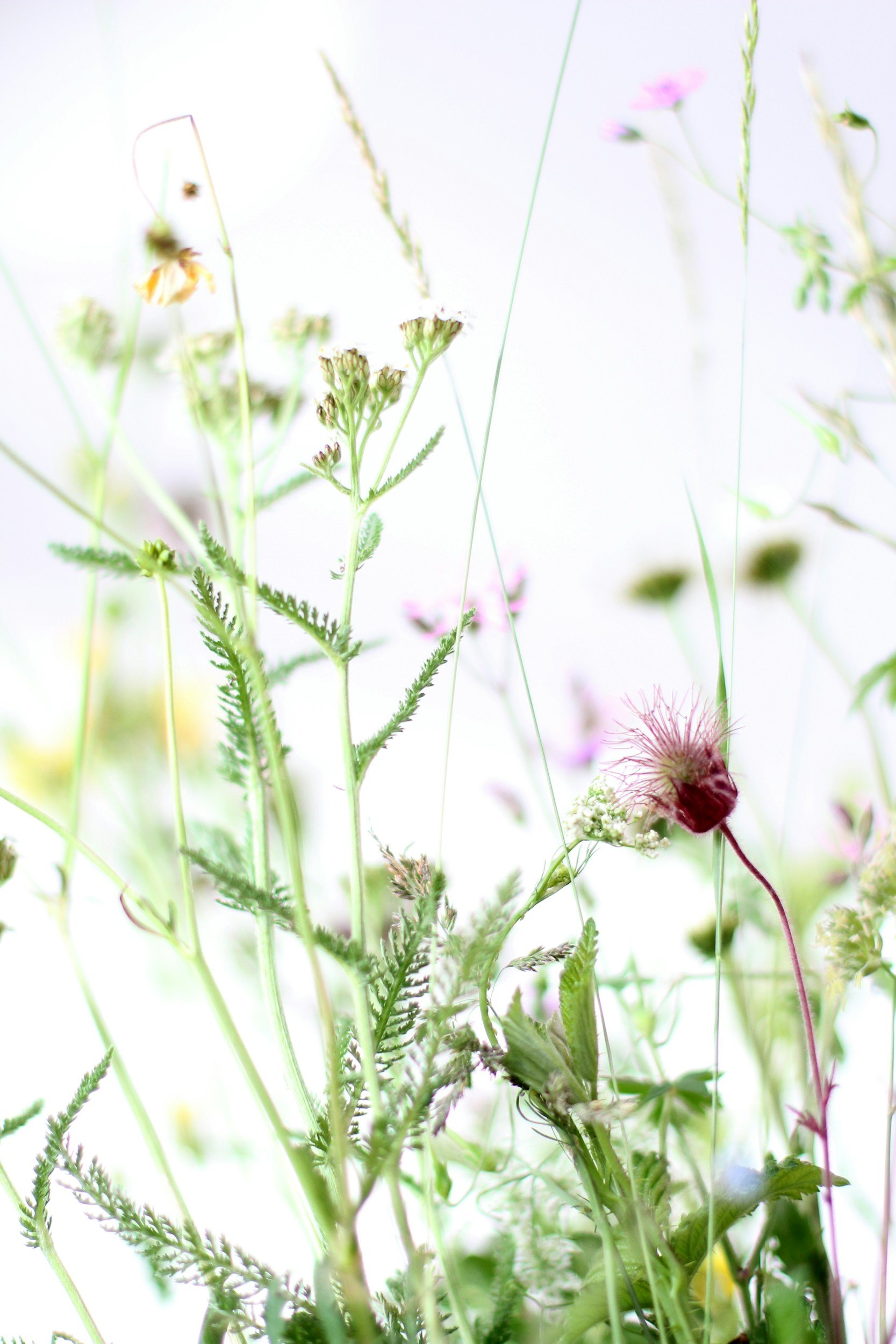
Created by God. Crafted with care. Rooted in the rhythms of His design.
Biblical wisdom for natural wellness, guided by the plants He gave us.
Explore Herbalism
This is Where It Begins
God gave us the plants of the field for our food, our healing, and our joy.
This isn’t new-age—it’s ancient wisdom, created by a good God.
Explore Herbalism is where you’ll find remedies, reflections, and handcrafted goods rooted in scripture, created with care, and aligned with the natural rhythms of the season.
Learn Herbalism
Start here for reflections, remedies , and rhythms rooted in scripture and the plants God gave us.
Long before essential oils were bottled, branded, and marketed, the ancient world relied on something far older and far more enduring: resins.
For the last decade, essential oils have occupied an unusual and often contradictory place in modern wellness. They have been praised as miracle cures, dismissed as dangerous irritants, marketed as lifestyle necessities, and feared as endocrine disruptors — sometimes all at once. The result is widespread confusion.
If you had told me a few years ago that I’d be rendering beef suet in my kitchen, triple-filtering it, and preparing to incorporate it into a skincare product… I probably would have smiled politely and thought, “Absolutely not.”
I was deeply, sincerely, firmly anti-tallow.
For as long as people have endured long, cold winters, they have turned to herbs to strengthen and sustain them. Before refrigeration, before imported produce, before shelves lined with supplements and cold remedies, families relied on what they could grow, gather, preserve, and pass down. Winter was not a season to “push through,” but a season to prepare for — physically, practically, and rhythmically.
Humanity has always cared for the skin. Long before modern beauty aisles, before chemists emulsified water and oil into lotions, before factories manufactured creams by the thousands, skincare was simple. It was slow. It was sacred.
Herbal syrups are one of the most beloved, nostalgic, and approachable ways to welcome plant medicine into the home. Sweet, soothing, and deeply comforting, they bridge the gap between remedy and nourishment — the kind of preparation that feels like a treat, yet carries generations of old-world wisdom. Even children instinctively love syrups, which says something about their gentleness and ease.
One of the most beautiful things about herbal medicine is how plants work together. Each herb carries its own gifts — the calming touch of chamomile, the brightness of lemon balm, the earthy strength of dandelion. On their own, these herbs are powerful. But when they’re paired with others that complement or balance their actions, something remarkable happens. They begin to weave a kind of harmony, a relationship that brings out the best in each plant.
If you open any family medicine chest, there’s almost always a small tin or jar tucked away — something meant for life’s little scrapes and stings. Maybe it’s rubbed onto chapped knuckles in winter, or smoothed across a child’s knee after a tumble. These humble balms have a way of weaving themselves into our stories. They’ve been part of human care for as long as we’ve needed comfort and healing.
For thousands of years, people have turned to the plants around them for medicine, beauty, and nourishment. One of the simplest ways they did this was by steeping herbs in oil — a practice that appears in ancient Egyptian papyri, Greek medical texts, and folk traditions across nearly every culture.¹ These oils preserved the life of the plant long after harvest and provided a gentle, skin-loving way to apply herbal medicine.
When cold season hits, it feels like it’s only a matter of time before the sniffles, scratchy throats, or nagging coughs start making their way through the house. For years now, herbs have been my first line of defense — long before kids were in the picture. My wellness journey started during our fertility years, when I learned to support my body in a gentler, more holistic way.
When most people think of herbs, the first image that comes to mind is a warm cup of tea — familiar, soothing, and simple. But in herbalism, “tea” is only one of several ways we prepare plants with water, and each method draws out something entirely different.
If you’ve been around herbs for any length of time, you’ve probably asked (or been asked): “What exactly is a tincture?”
The truth is, there isn’t a single answer. Herbs are beautifully complex, and each preparation brings out a different part of the plant’s wisdom. Some methods are gentle and nourishing, others are strong and concentrated, and some are all about making the medicine more enjoyable to take.
Fall has always felt to me like an invitation — to slow down, to breathe deeper, to nourish our bodies and spirits with small, intentional comforts.
It’s a question that lingers quietly in the back of many minds: Do herbs really work? Are they simply remnants of folk tradition and old wives’ tales, or do they actually bring balance and support to the body in tangible ways?
If you spend any time outdoors in the summer, you know the drill: mosquitoes, bee stings, scratches from gardening, maybe even a sting from brushing against nettles. These little nuisances can put a damper on warm-weather fun, but they don’t have to. With a few simple herbs and remedies, you can care for your skin naturally — often with plants you can grow yourself or find just outside your door.
Elderberry syrup has exploded in popularity in recent years. Walk into any health food store in the fall and you’ll find rows of bottles promising immune support. Many families swear by it during cold and flu season, and for good reason — elderberries truly are powerful little fruits.
You might be wondering if I grow the herbs in your tea myself. The short answer? I don’t. While I do grow and forage some herbs for skincare, I don’t currently grow herbs for my tea blends. And honestly? I probably never will grow most of them—and that’s a choice made with a lot of thought and care.
Small and unassuming, feverfew grows like a wild daisy. But its healing roots go back thousands of years — and when I first learned its story, I knew: I have to grow this. Not just for beauty, not just for knowledge — but because something deep in me believed this plant was part of my healing.
When you’re pregnant or breastfeeding, it’s completely normal to pause and question what’s safe—especially when it comes to herbal teas. While herbal blends are some of the most nourishing, comforting drinks you can enjoy, not every ingredient is appropriate for every season of life.
When we talk about health, one of the first things we’re told is to drink more water. And while that’s solid advice, here’s the thing: Drinking water alone doesn’t guarantee real hydration. True hydration—the kind that energizes, nourishes, and supports every system in the body—happens at the cellular level. And for that, we need more than water. We need minerals. We need herbs. We need hydration that mimics nature.
Some herbs are quiet and subtle — and some walk into the room with a burst of color and confidence. Hibiscus is definitely the latter.
If you’ve ever sipped a cup of herbal tea and wondered if you could grow the ingredients yourself—the answer is yes. You don’t need a massive garden or years of experience to get started. In fact, just a few thoughtfully chosen herbs can provide enough for tea all season long (and even into the winter).
We all have that one product we reach for when our skin is acting up. For me, it’s Calm & Restore—a handcrafted salve I originally formulated for dry, irritated skin. But over time, it’s become my go-to for just about everything—especially after long days outside in the sun, wind, and garden grit.
Your lymphatic system doesn’t get nearly as much attention as your heart or lungs—but it plays a vital role in keeping your body healthy. Think of it as your body’s drainage and immune transport system—carrying away waste, toxins, and cellular debris while supporting immune function. When it gets sluggish, we feel it: puffiness, fatigue, poor skin health, and a lowered sense of vitality. Thankfully, nature offers us powerful yet gentle herbal allies to support the lymphatic system—and many of them can be grown right in your backyard.
When people hear the word herbalism, they often imagine something complicated — shelves full of jars, ancient recipes, a vast encyclopedia of plants. But at its heart, herbalism is simple.
Nettle may not look like much at first — especially if you’ve brushed past it in the woods — but behind its sting is one of the most nourishing herbs out there.
When people think about boosting their immune system, they often reach for herbs like echinacea or elderberry—powerful allies, yes, but not always the best fit for every situation. In fact, some herbs that stimulate the immune system can do more harm than good when used long-term or in the wrong context.
A staple in my apothecary — and one I reach for often.
There are a few herbs I always want within reach, and lemon balm is one of them. It’s light, lemony, and just as good for the spirit as it is for the body.


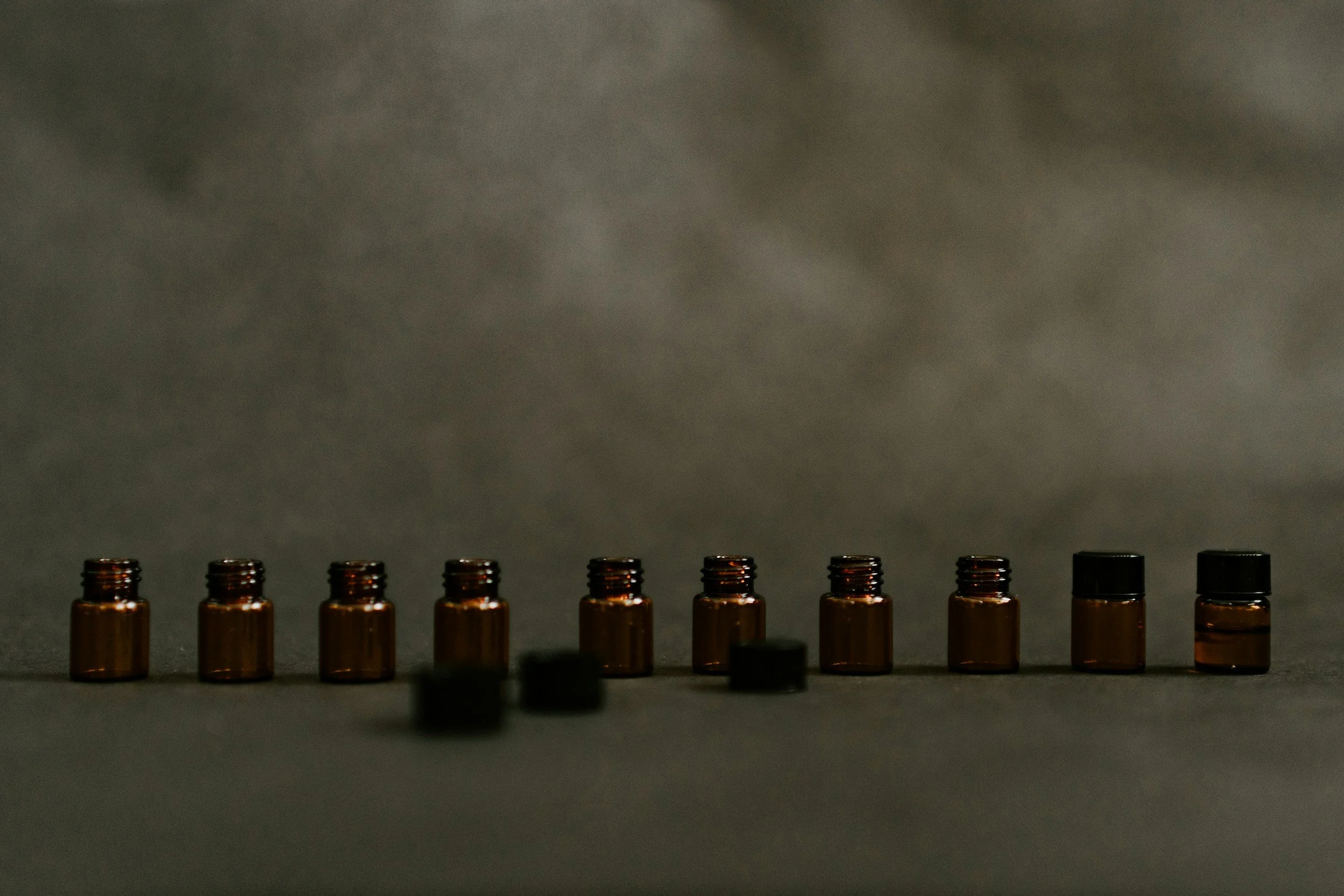



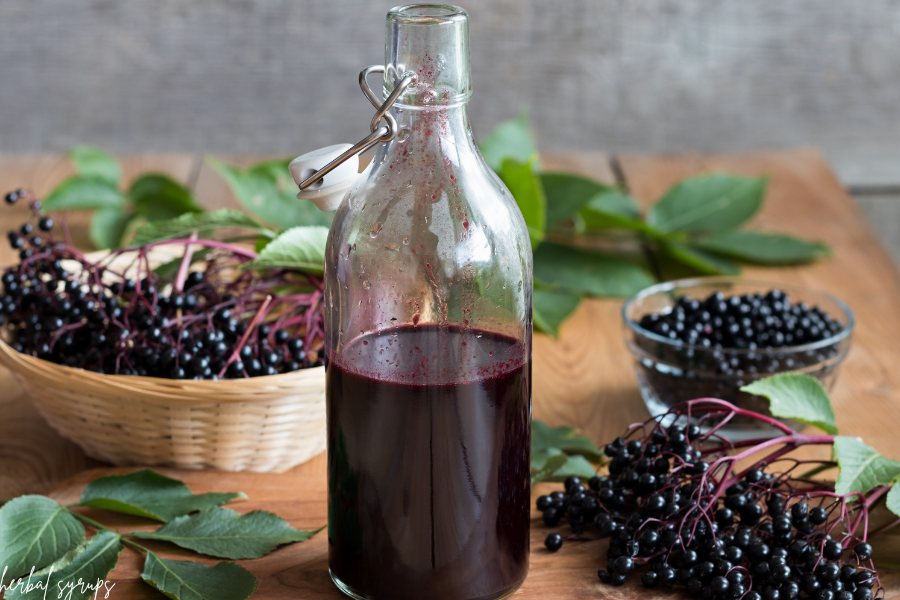
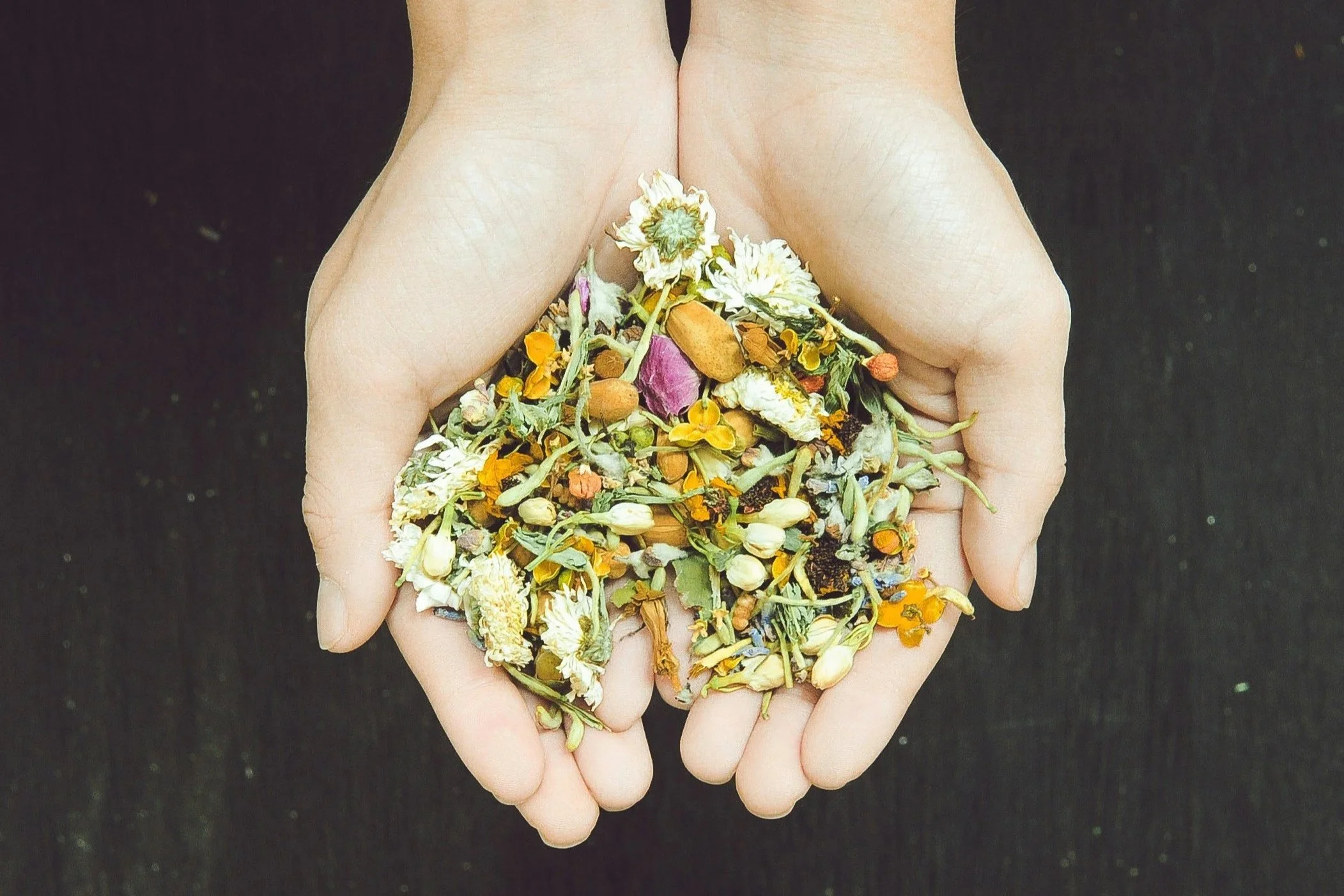
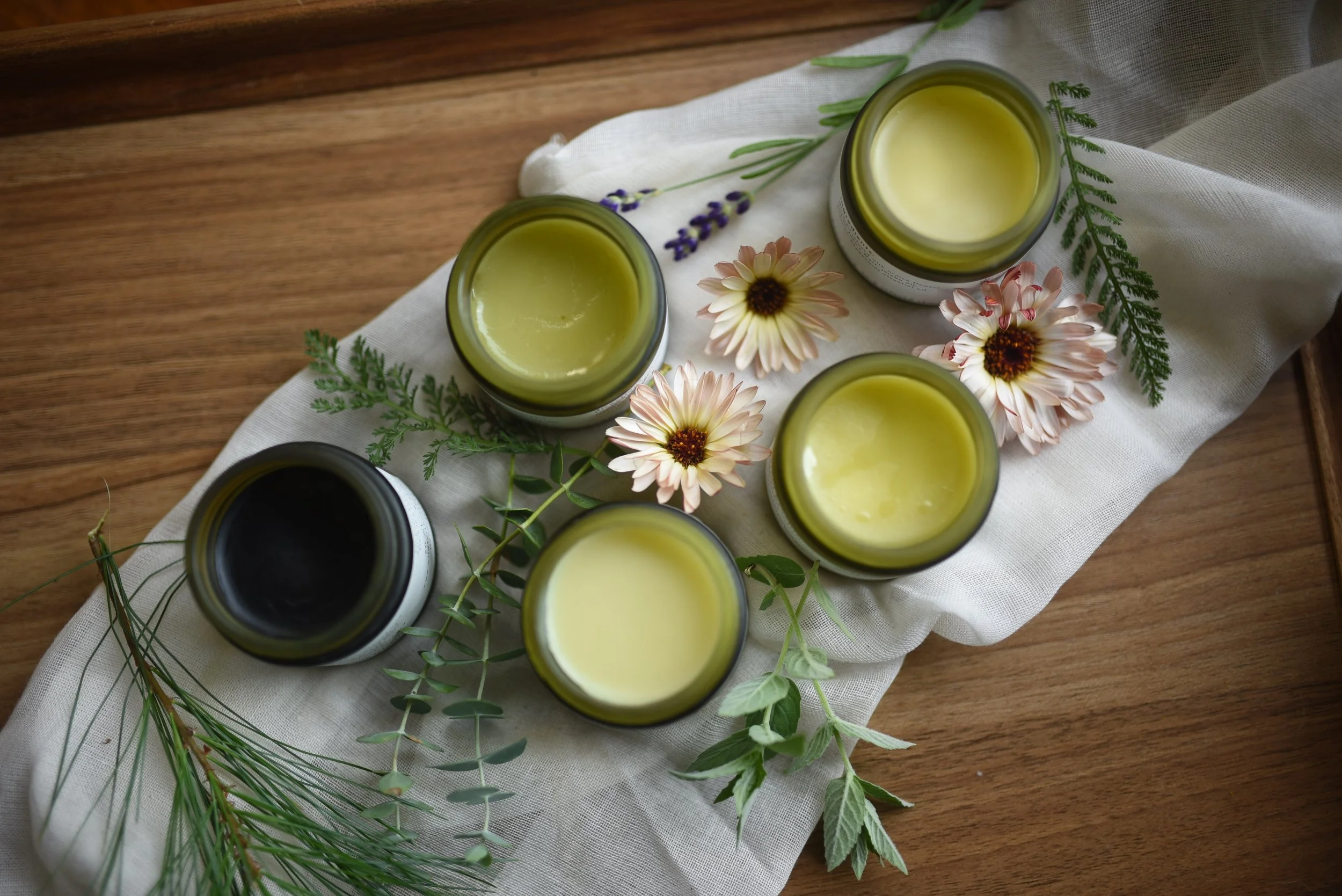


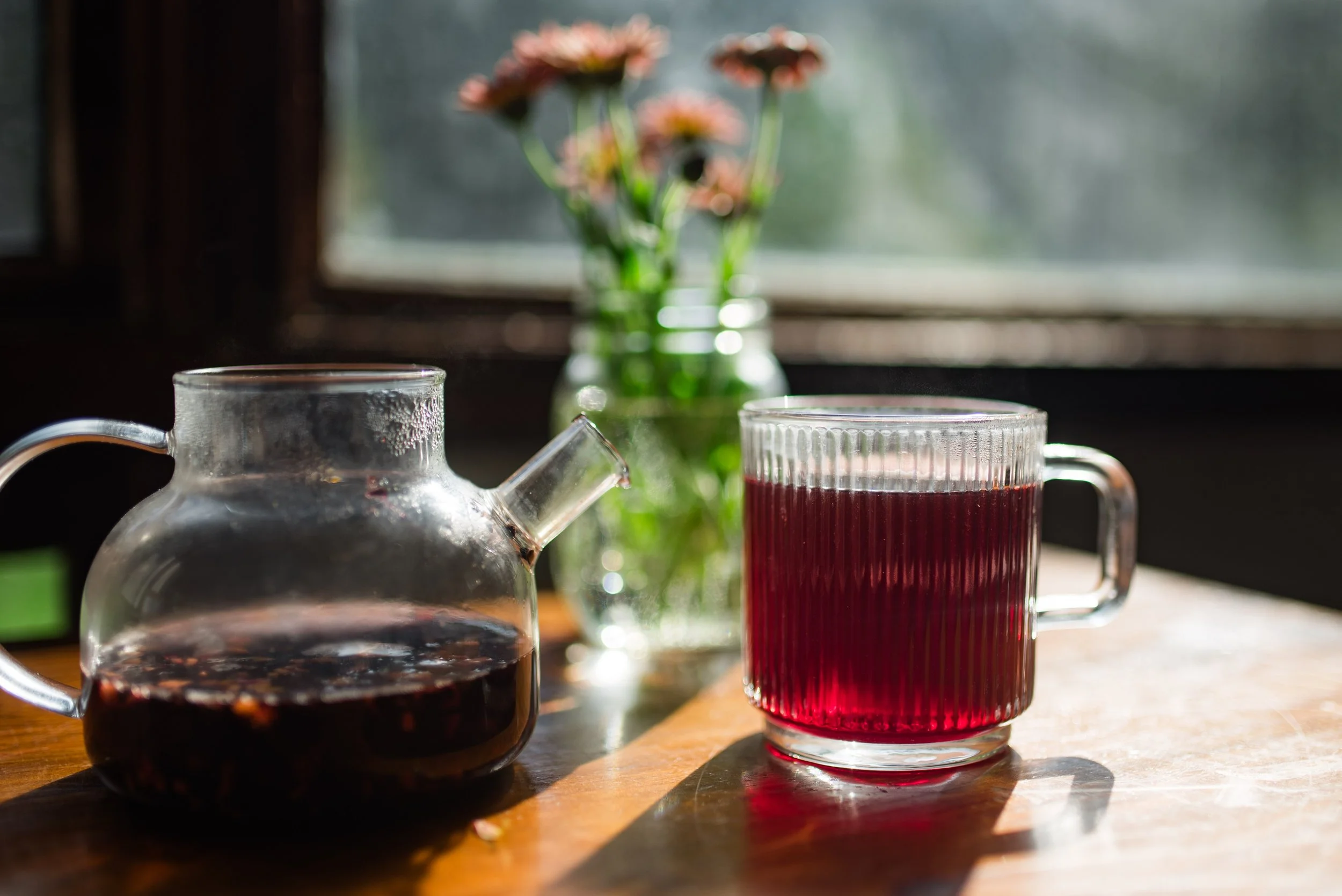

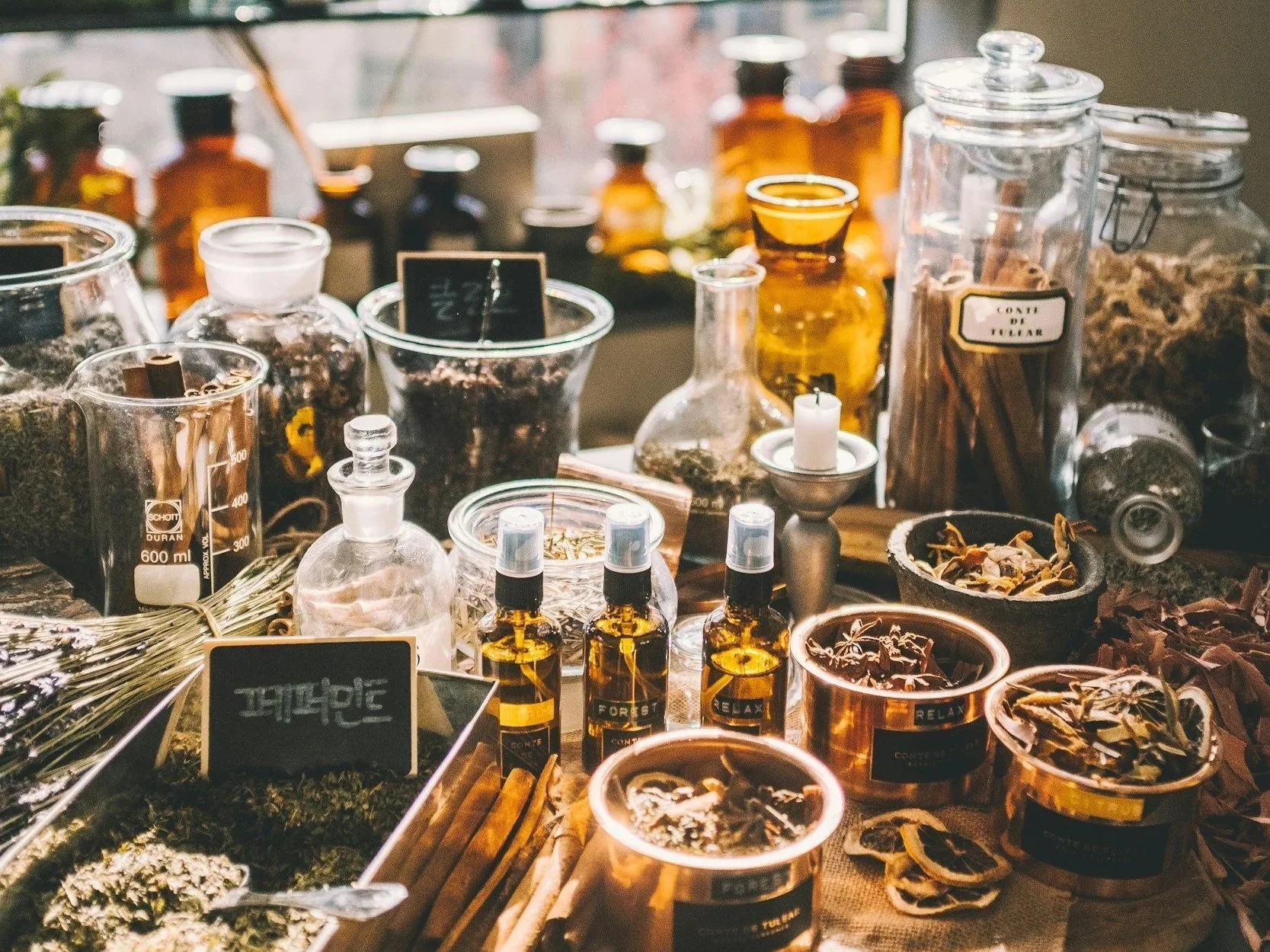

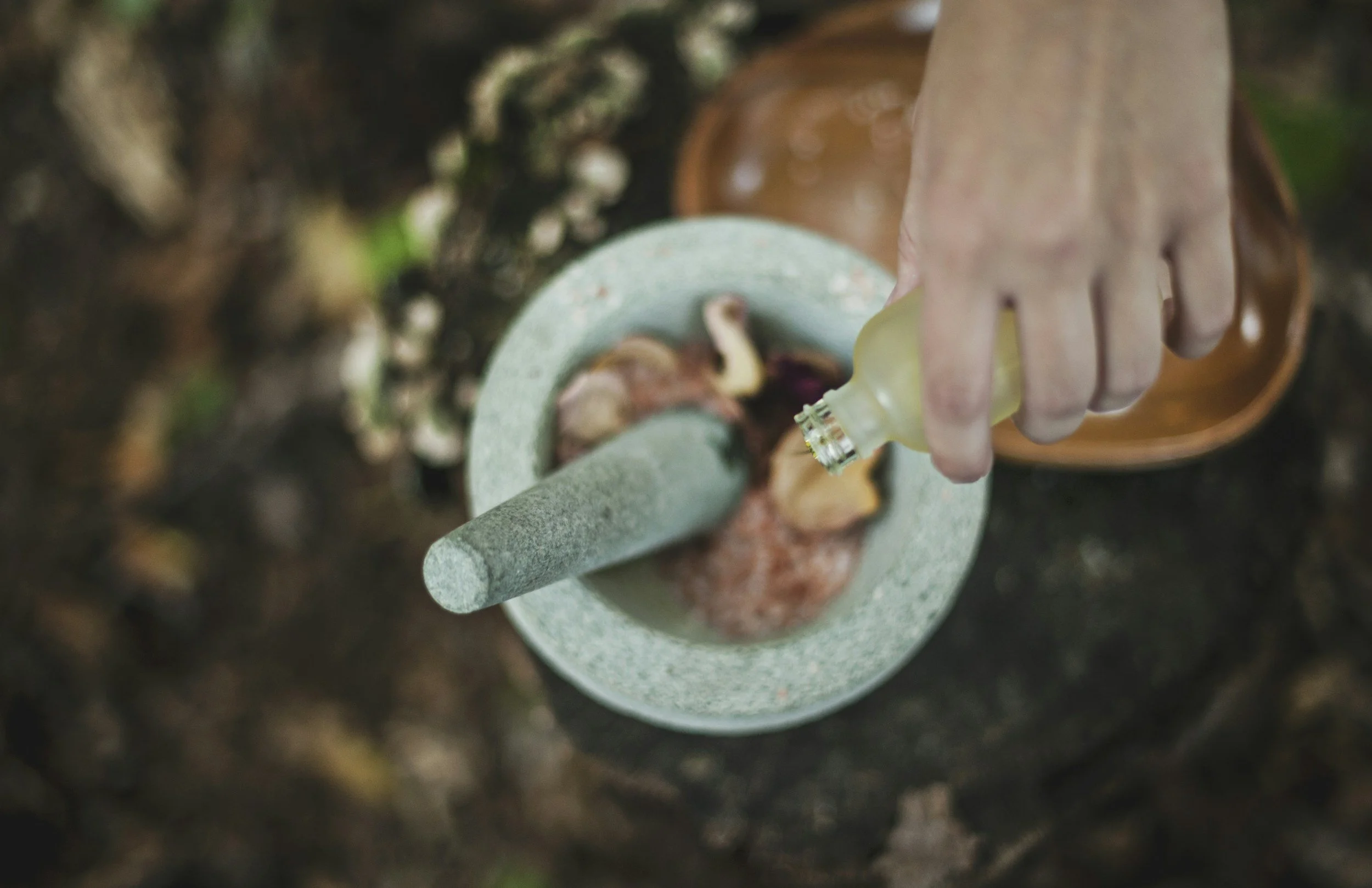


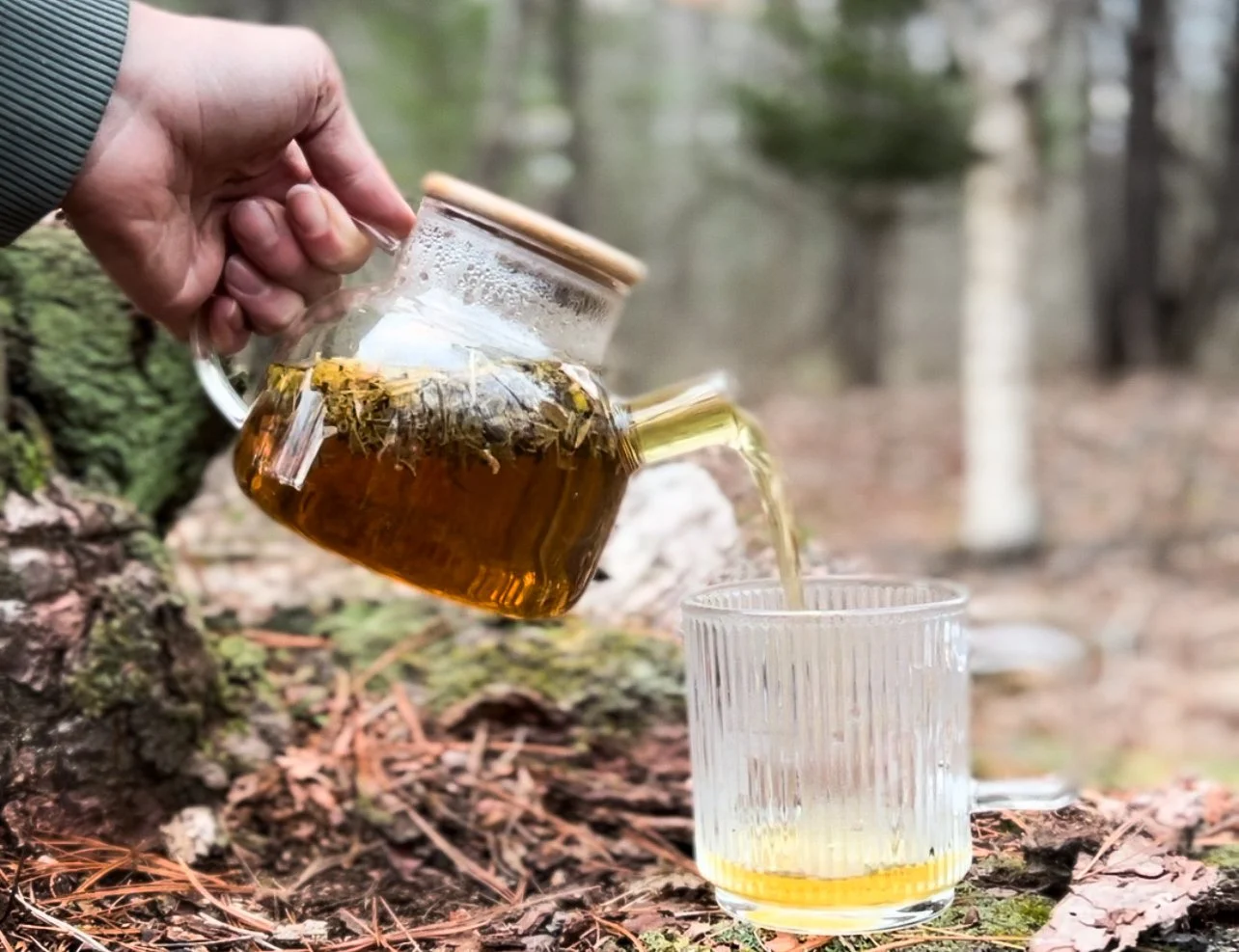
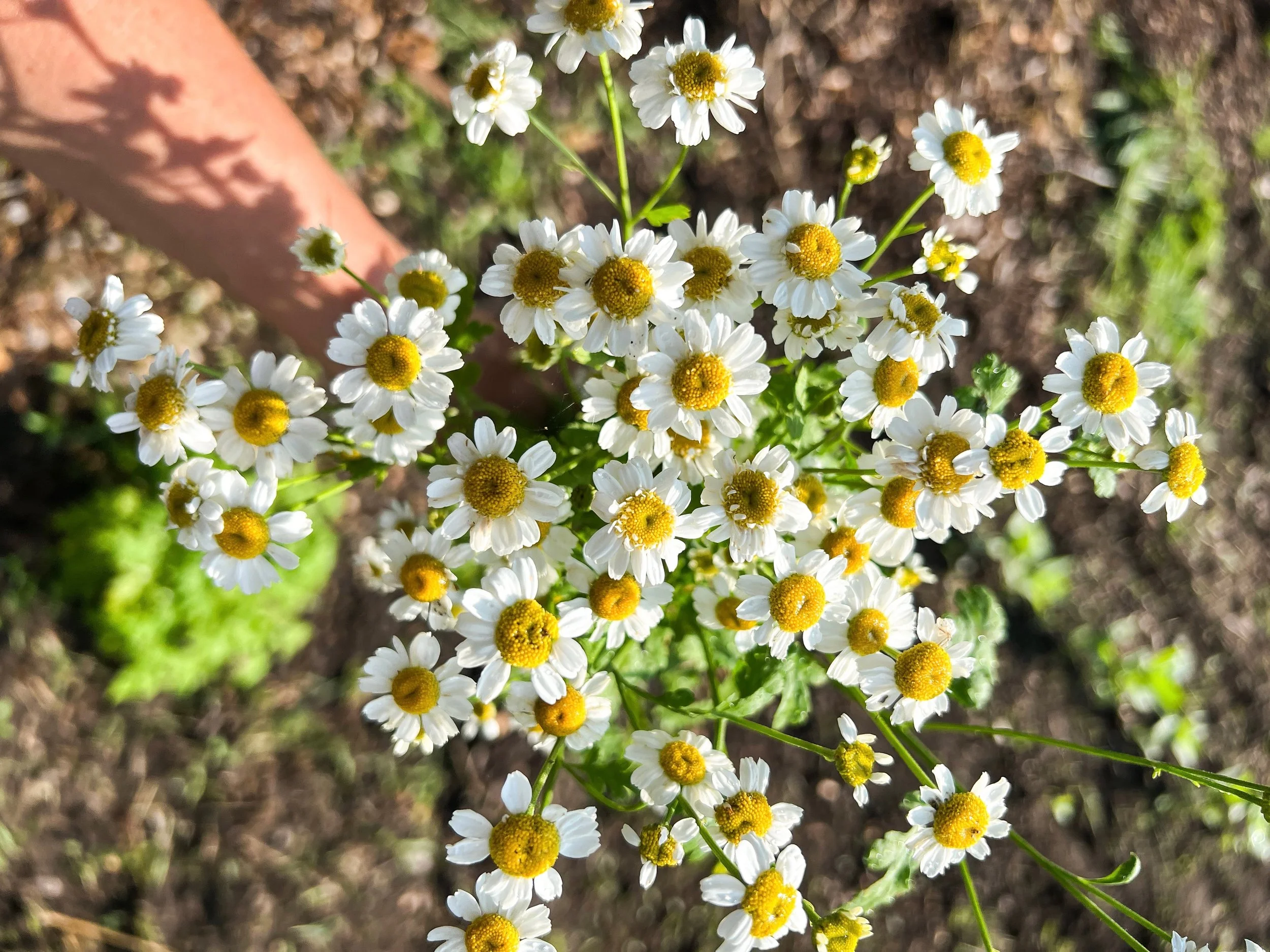










Once you understand what essential oils are — and what resins are — the next question becomes unavoidable: How do we decide which to use?